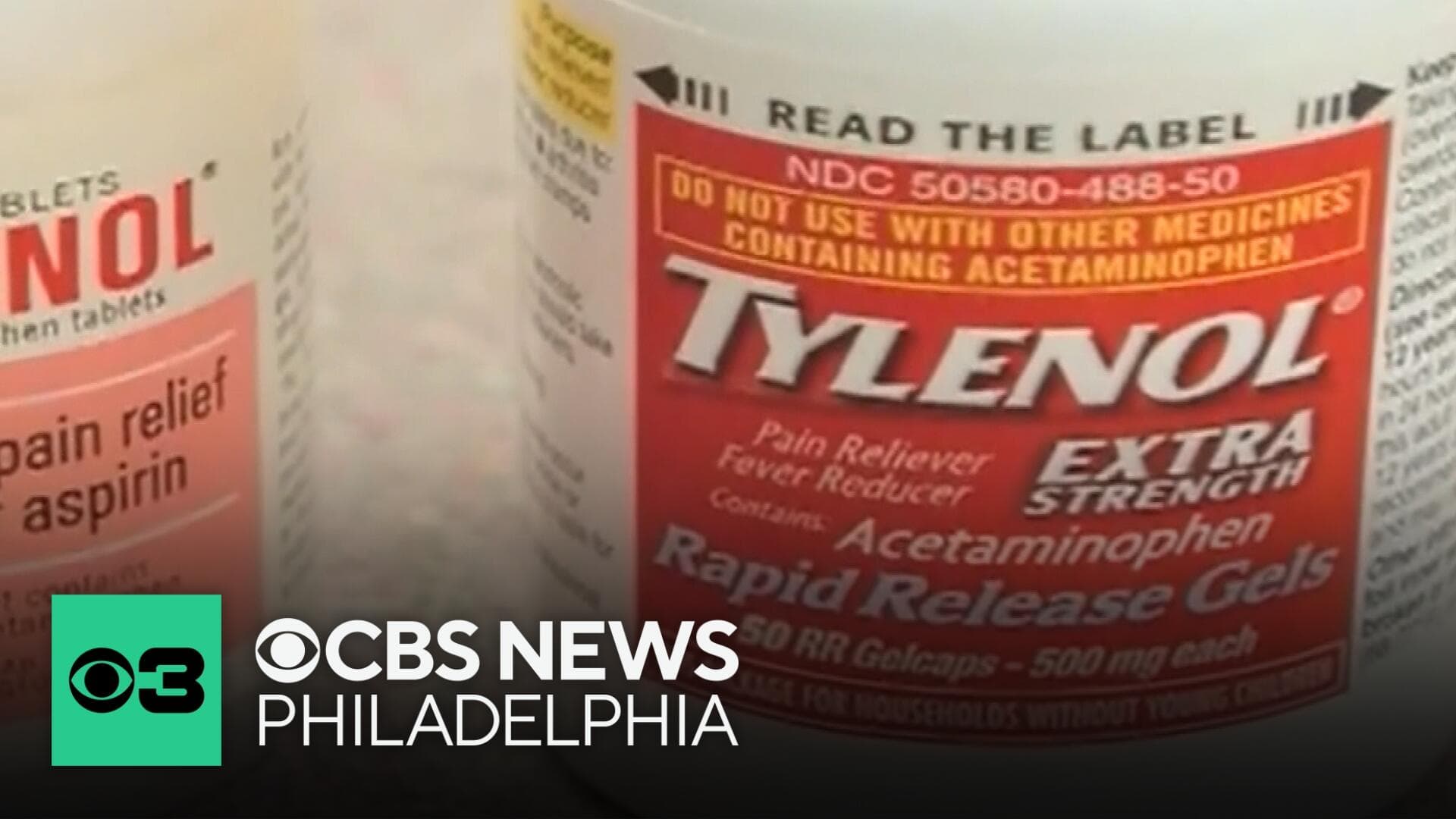Medical Expert Warns Against Acetaminophen Misinformation, Citing Risks of Untreated Fever

A prominent medical voice on social media, Dr. Glaucomflecken, has issued a stark warning regarding misinformation about acetaminophen (Tylenol), emphasizing its safety and effectiveness compared to alternative pain relievers. The board-certified ophthalmologist and medical comedian highlighted the critical role of acetaminophen in managing pain and fever, particularly for vulnerable populations. His commentary underscores the dangers of public figures spreading unscientific medical advice.
"People don’t realize how safe and effective acetaminophen is for pain and fever," Dr. Glaucomflecken stated in his recent social media post. He cautioned that "by scaring people away from Tylenol, fevers will either go untreated (dangerous, especially for young children and fetuses) or NSAIDs will take its place, which carry much more significant side effects, like stomach ulcers or kidney injury."
Medical professionals widely recognize acetaminophen as a safe and effective over-the-counter medication when used as directed, primarily for pain relief and fever reduction. Its mechanism differs from Nonsteroidal Anti-Inflammatory Drugs (NSAIDs) like ibuprofen, which also reduce inflammation. While acetaminophen's primary risk involves liver damage with overuse or in combination with alcohol, NSAIDs carry risks such as gastrointestinal issues, kidney damage, and increased cardiovascular events, especially with prolonged use.
Untreated fevers, particularly high fevers, can pose serious health risks. In young children, high fevers can lead to febrile seizures and dehydration, though these are typically benign. For pregnant individuals, sustained high fevers, especially during the first trimester, have been linked to an increased risk of certain birth defects and other complications, making safe fever reduction crucial. Acetaminophen is generally considered a preferred option for fever management during pregnancy due to its established safety profile.
Dr. Glaucomflecken, known for his blend of medical expertise and comedic commentary, frequently uses his platform to advocate for evidence-based medicine and combat health misinformation. His recent warning implicitly criticizes the potential for high-profile individuals to influence public health decisions negatively, drawing parallels to past instances of medical misinformation spreading during health crises. He concluded his statement by asserting, "It’s not hyperbole to say the president yelling at people not to take this medication will lead to deaths," highlighting the severe consequences of misinformed public health directives.